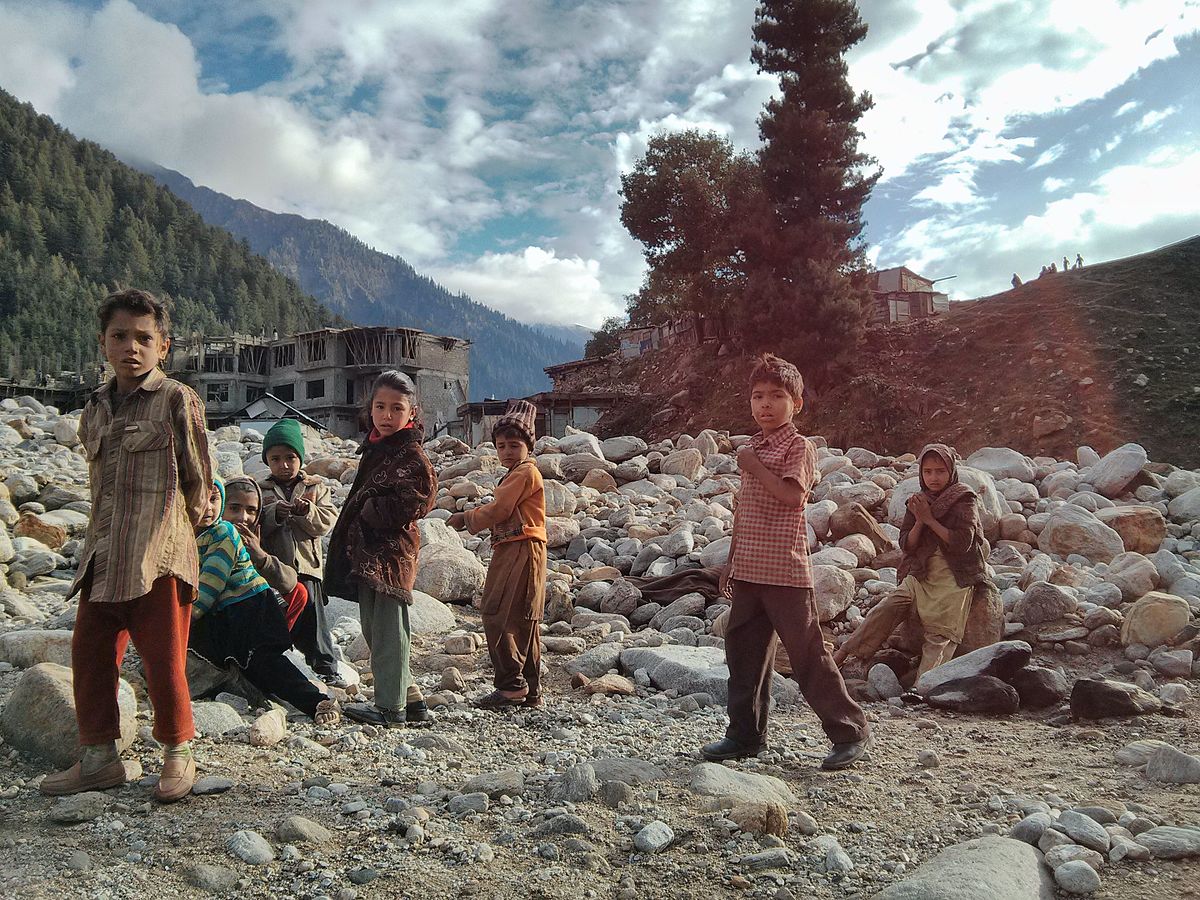
Report calls for greater clarity over poverty statistics.
Pakistan demonstrates how hard it is to present official poverty estimates when the data and the mainstream narrative on poverty reduction are so contested. It reinforces the view that data is inherently political as well as technical, so any proposed solutions should aim to involve both politically orientated and technical recommendations.
Statistics on poverty in Pakistan need to be depoliticised so that they can be credible, according to a new report.
The report, Progress under scrutiny: poverty reduction in Pakistan, says it is hard to trust official estimates on consumption-based poverty in Pakistan. Official estimates claim that poverty fell sharply between 1990 and 2010, but the analysis, co-authored by Gates Cambridge Scholar Arif Naveed [2014], who is doing a PhD in Education, shows widely varying opinions of policy makers, poverty experts, independent analysts and other stakeholders on whether the government is making progress on poverty reduction. They range from the view that the official statistics are misleading and poverty has increased over time to the idea that poverty has in fact decreased over time, but that the extent of the decline is debatable.
The report says the estimates may be biased – both owing to technical flaws and to the politics of measurement. As a result, it says it is very difficult to reach a definitive conclusion as to whether poverty reduced between 1990 and 2010 and if the stated progress is real.
It says: "Pakistan demonstrates how hard it is to present official poverty estimates when the data and the mainstream narrative on poverty reduction are so contested. It reinforces the view that data is inherently political as well as technical, so any proposed solutions should aim to involve both politically orientated and technical recommendations."
The report discusses the implications of the high levels of contestation over official poverty data as well as the need to understand better the types of evidence that the government must produce to defend its policies to alleviate poverty and for key stakeholders to accept these as credible. It also discusses the steps that Pakistan is taking to depoliticise the measurement and analysis of poverty which it welcomes as signs of progress. It says the government’s plan to conduct a nationwide population census in 2016 is a crucial step forward.
The report also argues that the official poverty measure must reflect what households in both rural and urban areas spend on food and non-food items and that consensus needs to be built among the different stakeholders with regard to how poverty is measured so that the differences in accounts of poverty reduction can be reconciled.
It concludes: "Pakistan must establish a credible baseline upon which to assess progress in reducing poverty between now and 2030."
For more information, click here.
*Picture credit: "Kids at Kalam Valley" by Moeedayazbutt – Own work. Licensed under CC BY-SA 3.0 via Wikimedia Commons.












